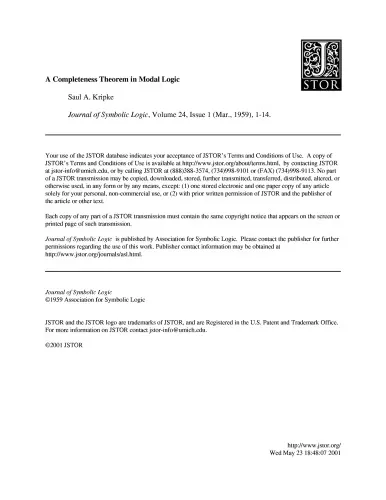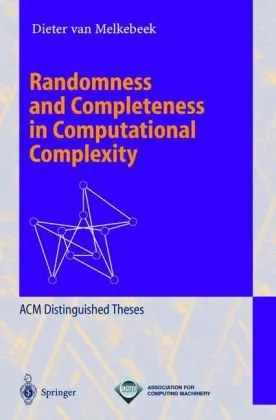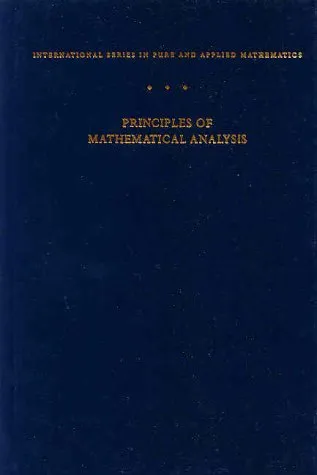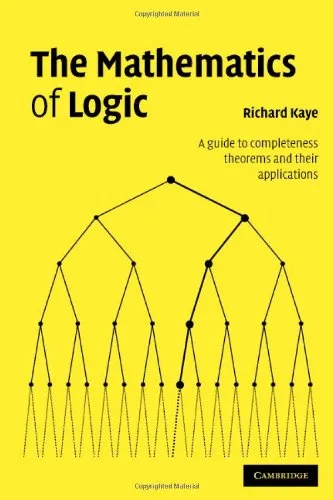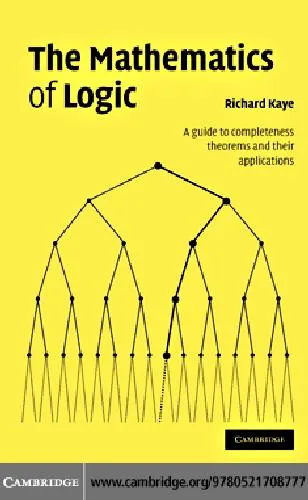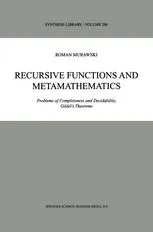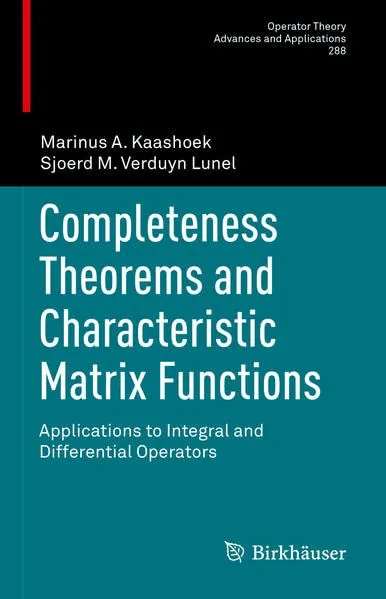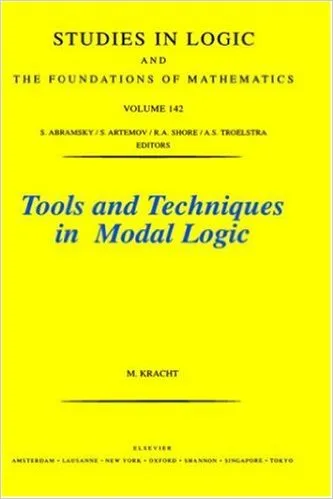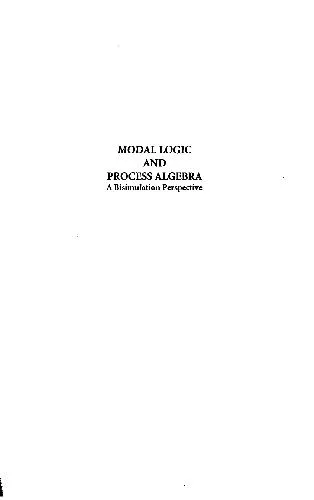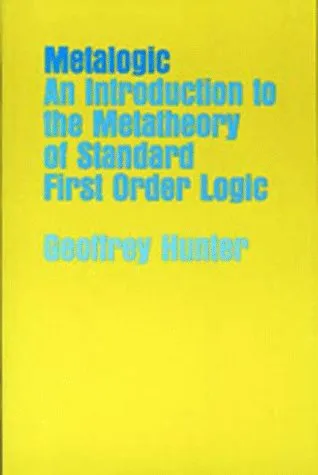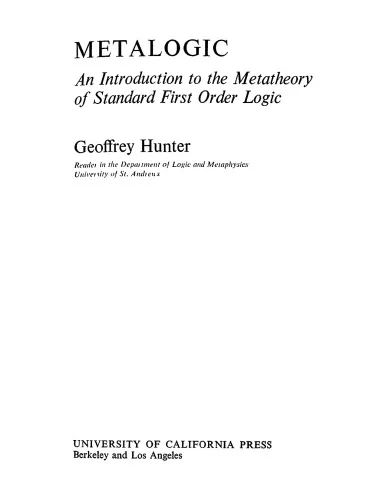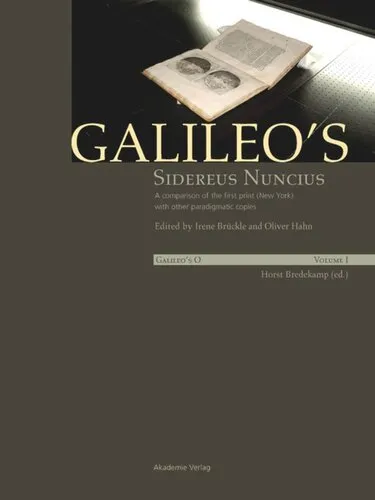A Completeness Theorem in Modal Logic (paper)
4.3
Reviews from our users

You Can Ask your questions from this book's AI after Login
Each download or ask from book AI costs 2 points. To earn more free points, please visit the Points Guide Page and complete some valuable actions.Related Refrences:
Welcome to an in-depth exploration of "A Completeness Theorem in Modal Logic", a seminal paper by Kripke Saul that delves into the complex world of modal logic and its philosophical implications. This paper not only revolutionized the study of modal logic but also contributed significantly to the fields of philosophy and computer science. With meticulous attention to detail, Kripke Saul presents a completeness theorem that has become a cornerstone in logical studies and a model for understanding modal expressions.
Detailed Summary
"A Completeness Theorem in Modal Logic" fundamentally shifts how we perceive possible worlds, a concept at the heart of understanding possibilities and necessities in logic. Kripke approaches modal logic with the creation of frames and models—tools that allow us to evaluate statements across possible worlds. The theorem established within this paper proves that if something is logically valid in every conceivable situation, then a formal proof exists within the system. This work introduced the framework necessary to move modal logic closer to the precision seen in classical logic systems.
The paper not only presents a rigorously formalized system for evaluating modal logic but also addresses the philosophical issues surrounding necessity and possibility—core concepts that have fueled debates within the philosophical community for decades. Kripke’s framework uses accessible methodology, involving the manipulation of accessibility relations between possible worlds to lay the groundwork for modal logic completeness.
Key Takeaways
- Introduction to the concept of possible worlds semantics, a fundamental tool for modal logic.
- The completeness theorem presented offers a rigorous proof structure for understanding necessity and possibility.
- The systematic approach to modal logic has profound implications for computer science, particularly in areas like artificial intelligence and formal verification.
- The paper offers insight into philosophical debates about metaphysical necessity and epistemic possibility.
Famous Quotes from the Book
"If a proposition is true in all possible worlds, then its necessity is preserved and can be proven within our logical system."
"The framework provided in this theorem allows us to transcend traditional bounds of empirical observation, peering into realms of possibility."
Why This Book Matters
Kripke Saul's work is pivotal because it offers a unifying theory that precisely reconciles modal logic with classical logic principles. It addresses fundamental questions that pertain to the logic of necessity and possibility, carving out a framework that aids both philosophers and computer scientists in progressing beyond current boundaries. For philosophers, Kripke’s work fuels metaphysical discussions about existence, knowledge, and reality. For computer scientists, it offers the formal precision needed to craft algorithms and systems that can reason about states of affairs in a way that mimics human understanding of potential outcomes.
Beyond its academic impact, this book serves as a testament to the elegant interplay between logic and philosophy, enhancing our understanding of both fields. As such, its presence in any logical or philosophical discourse is irreplaceable, offering pathways and insights that remain relevant, persuasive, and intellectually enriching. Its contributions to completeness theorems become lessons in crafting robust, logical arguments applicable across multiple disciplines.
Free Direct Download
You Can Download this book after Login
Accessing books through legal platforms and public libraries not only supports the rights of authors and publishers but also contributes to the sustainability of reading culture. Before downloading, please take a moment to consider these options.
Find this book on other platforms:
WorldCat helps you find books in libraries worldwide.
See ratings, reviews, and discussions on Goodreads.
Find and buy rare or used books on AbeBooks.
1358
بازدید4.3
امتیاز0
نظر98%
رضایتReviews:
4.3
Based on 0 users review
Questions & Answers
Ask questions about this book or help others by answering
No questions yet. Be the first to ask!
